Pharmacy in the 17th century: a look inside an apothecary’s shop
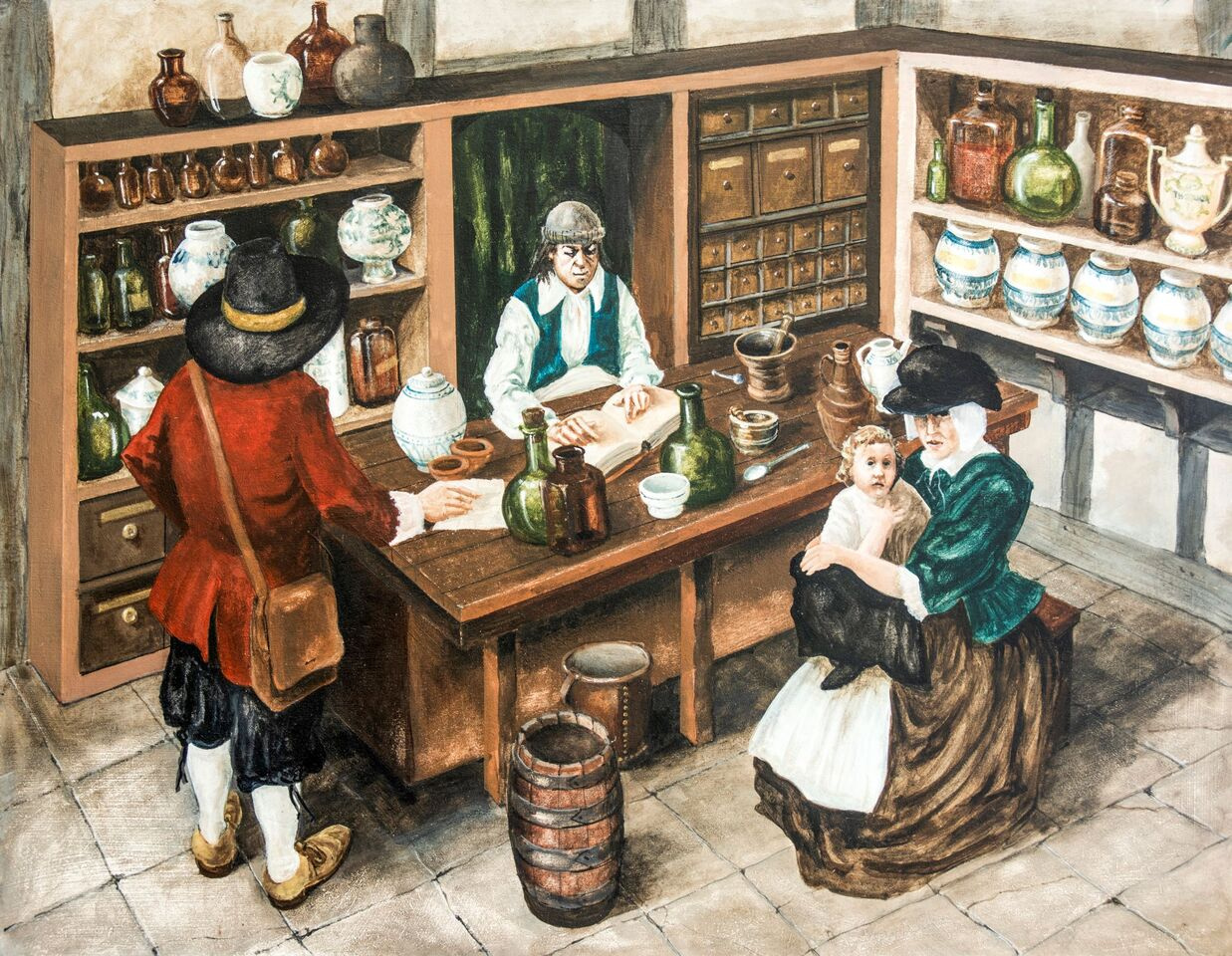
One of the major health events to occur in 17th-century Britain was the Great Plague of London in 1665, where it is estimated the capital lost 15% of its population.
But there were plenty of other health concerns - some of which would have been treated by pharmacists, known as apothecaries, at the time.
C+D spoke to Helen Cooke about her findings of what a typical apothecary shop was like during this period.
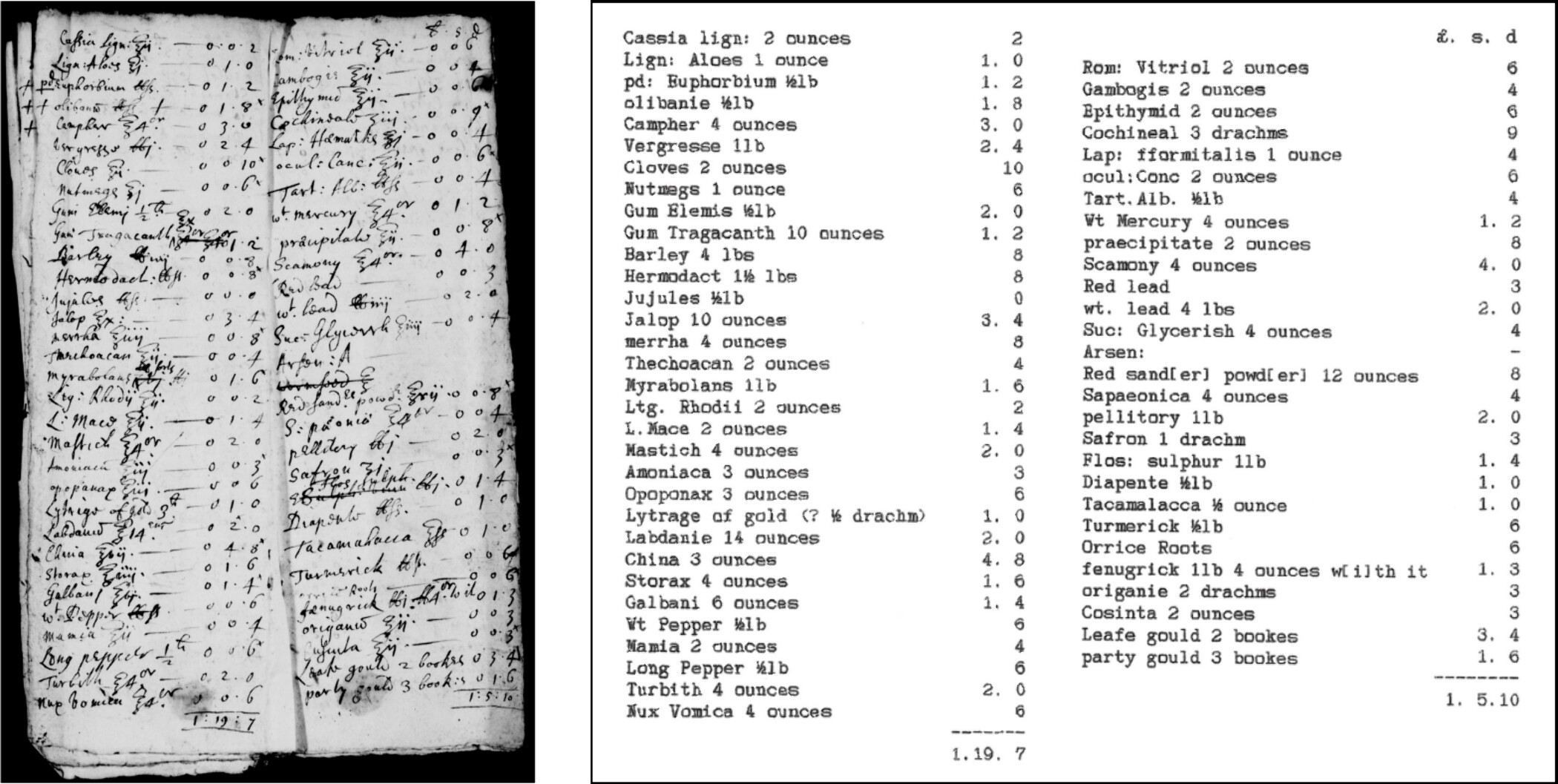
Five-figure business
As a researcher and volunteer for Nantwich Museum in Cheshire, Cooke was looking through the museum’s archives to help create an exhibition on the history of healthcare in the town up to the foundation of the NHS.
During this research, she came across the inventory of a 17th-century apothecary shop owned by Raphe Walley, which Cooke says was like “gold dust” because of all the detailed information within it.
Read more: How were Pharmacy First conditions treated 1,000 years ago?
The apothecary had a wife and daughter, as well as a physician brother William, and the research suggests that he may have initially been an apprentice apothecary to his brother.
But in 1675, Walley died at the age of 36 and the inventory was completed to work out the value of his apothecary business and home, which was above his shop.
This was done so it could be distributed to his beneficiaries, and the level of detail that Cooke saw suggests it was likely completed by fellow apothecaries who knew how to valuate what Walley owned in his shop.
Read more: Theme park’s £20k Victorian pharmacy set for auction
The value of Walley’s business and home amounted to £66, 6 shillings and 6 pence - which today would amount to around £10,500.
Cooke says the discovery was like “gold dust” because as well as all the detailed information on the apothecary, it is also revealed Walley was “a very ordinary guy”.
Doubling up as a grocer
“[Walley] wasn’t particularly affluent,” she tells C+D. “All the things in his inventory were commonly available.
“Somebody had transcribed the handwritten, original inventory [which] was very fortunate. We had to cross check the information with the original records.”
The inventory detailed what medications Walley dispensed and remedies he used, alongside poisons, mercury, arsenic and red lead he kept too.
Read more: Pharmacy ‘ghost sign’ uncovered by new ‘escape room’ tenants
Other items in it included different types of waters used as health drinks, electuaries which were thick pastes to smear onto the tongue and raw ingredients including animal matter used for making medicines.
Pills, lozenges, ointments, plant and chemical oils were found, but also herbs and spices like nutmeg, turmeric and cinnamon that may have been used as raw ingredients to make medicine too.
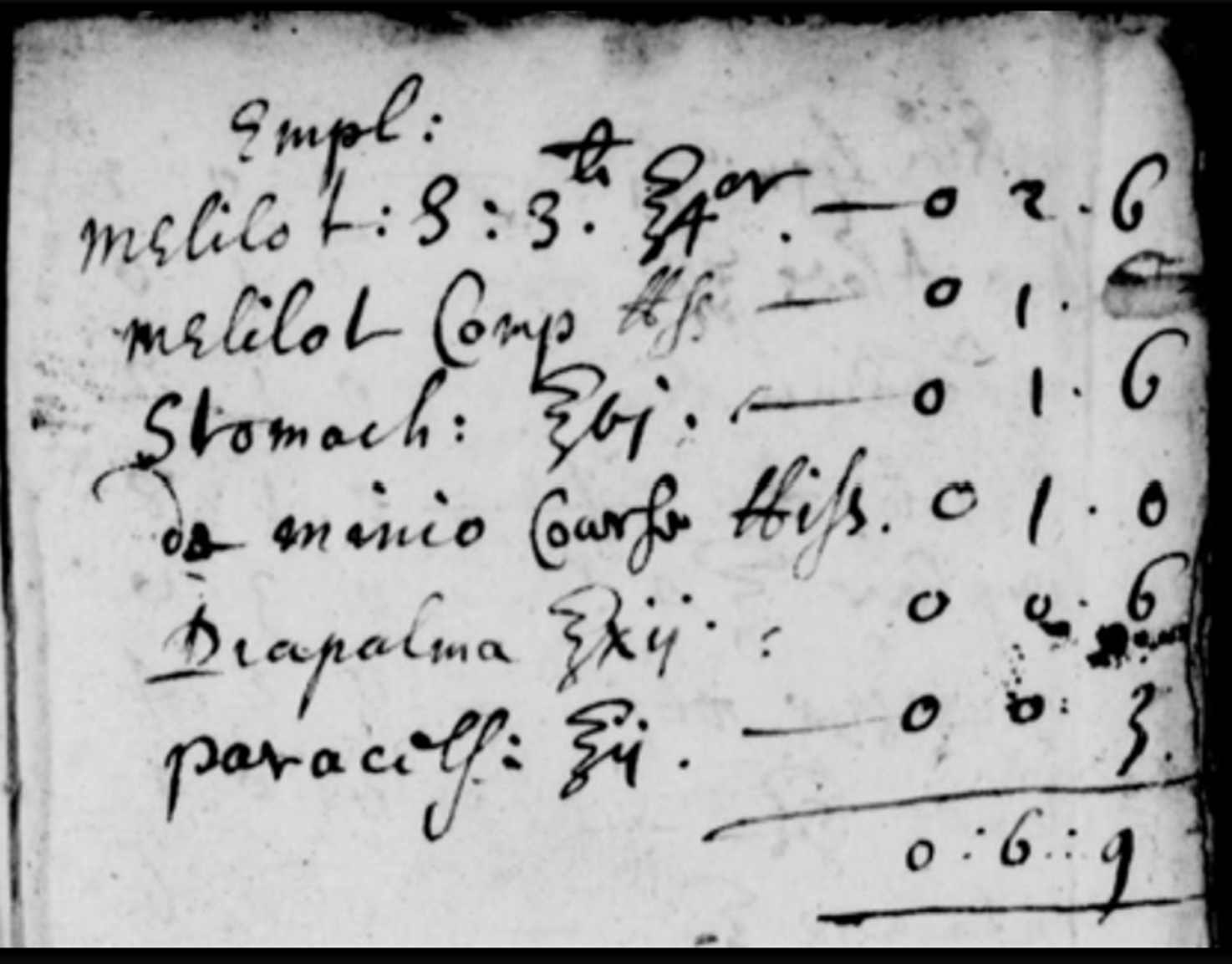
This suggested to Cooke that he may have also sold items as a grocer too.
“In smaller towns like Nantwich, [apothecaries] might have had to double up on some of the things they were doing,” she says. “[But] we don’t know for sure."
Read more: Exploring pharmacy museums around the world
Cooke says equipment like pestles and mortars were listed to compound medicine, but also some incision knives that suggested he may have performed minor surgeries too.
Another interesting find was a jar of earthworms that Cooke says would have been used to treat bruises, arthritis or gunshot wounds by extracting the oil from the creatures.
“Apothecaries would try things out on their patients and if a particular medication cured a particular complaint, then that would get documented as something to be used again in the future.”
Read more: ‘I wasn’t expecting temazepam from 1987!’
In December, C+D analysed the mid-10th century manuscript ‘Bald’s Leechbook’ and some of the medieval remedies used to treat Pharmacy First conditions.
And last month, a recently closed Cornwall theme park announced it was selling off its model village, which includes an early 20th century “time capsule” pharmacy available for an estimated £20,000.




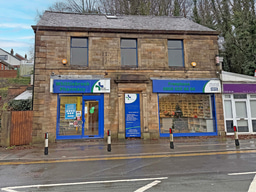
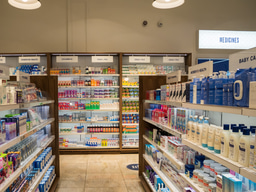

Please sign in
If you are a registered user on C+D Community, please sign in